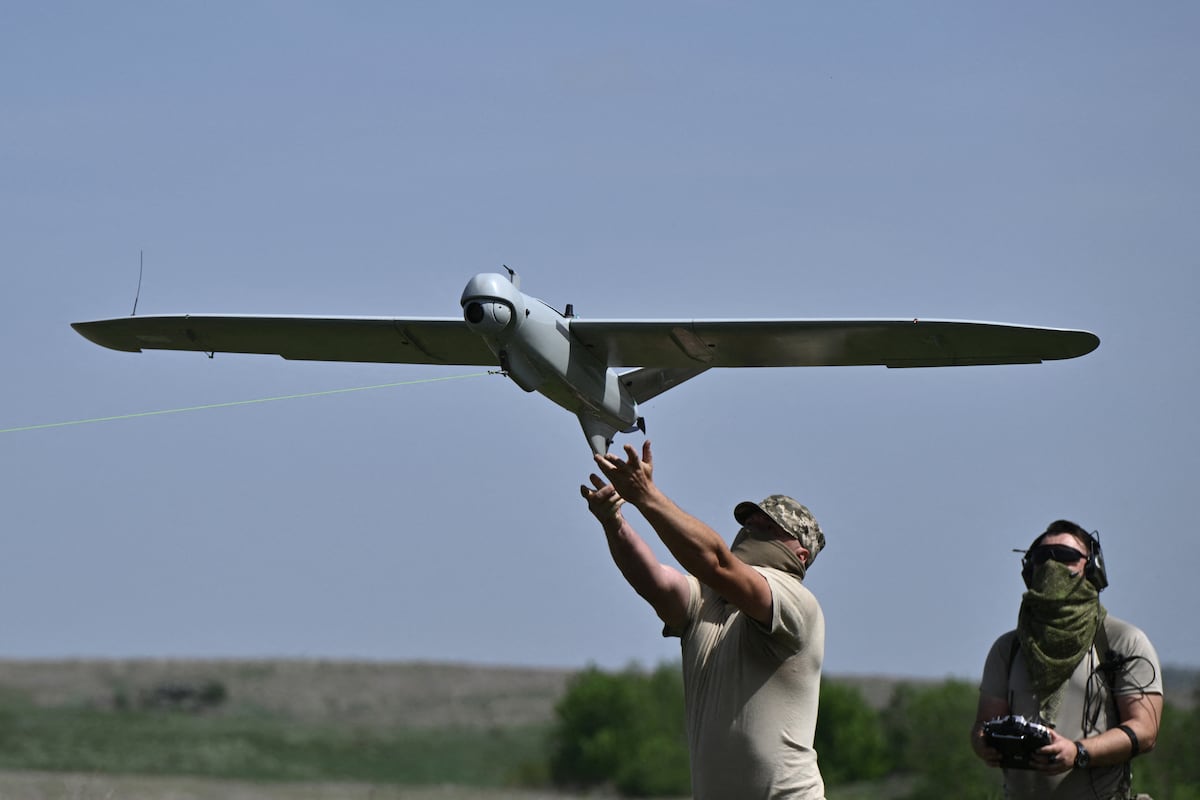He died building a ship for the U.S. government. His family got nothing. ProPublica reports on the death of a shipbuilder at Thoma-Sea, among Louisiana’s largest shipyards. Elmer De León Pérez died last January as he welded inside a ballast tank of a new oceanographic-research vessel, but his family received no death benefits because he was an employee not of the shipyard, but of G-4 Services, a local staffing subcontractor. G-4 officials insisted that, one, Pérez was somehow “not working” as he welded, and, two, he wasn’t really their employee. “Pérez was a self-employed independent contractor and thus a claim for death benefits is not compensable,” a lawyer for G-4 Services wrote in May.
There are lessons to be learned from this incident and others like it, and a U.S. Navy and shipbuilding industry that is desperately trying to attract employees had best learn them quickly. Writes ProPublica: “Today the lack of welders is acute. The U.S. needs at least 300,000 more of them in the next few years. Shipyards have been hit particularly hard by the gap, which has contributed to a shortfall in warship production. As in many other industries, immigrants are filling that gap. Pérez embodied many aspects of the immigration debate.” Read on, here.
Speaking of immigrants, they appear much more willing to join the U.S. military than the native-born, according to a new study that may have resonance amid military recruitment struggles and an election charged with rhetoric and misinformation. Some 60 percent of U.S. respondents expressed a willingness to fight for their country, and immigrants were nearly 30 percent more likely to do so than native-born citizens, according to the study, whose results were described in the September issue of Armed Forces & Society. Defense One’s Patrick Tucker unpacks it, here.
F-35 tech problems, protracted negotiations hit Lockheed finances. The company and Pentagon have yet to reach an accord on the contract for the next two production lots—18 and 19—and that kept Lockheed from collecting about $700 million last quarter, company officials said Tuesday. They’ve had to spend company cash to keep the production line running.
Another TR-3 delay? Lockheed executives previously said that the jets’ full, combat-ready TR-3 package could be ready late next spring. But the company seems to have backed away from that goal in today’s earnings call. Defense One’s Audrey Decker reports, here.
Additional reading:
Welcome to this Wednesday edition of The D Brief, brought to you by Ben Watson and Bradley Peniston. Share your newsletter tips, reading recommendations, or feedback here. And if you’re not already subscribed, you can do that here. On this day in 1942, the Second Battle of El Alamein began in Egypt, eventually resulting in a British-led Allied victory over the Nazis and Italians after almost three weeks of fighting. The victory eased Axis threats to the Suez Canal and prevented a Nazi and Fascist advance into the Middle East.
Iraq officials say they’ve killed a top ISIS official after a U.S.-assisted raid in the northern Hamrin Mountains, according to Charles Lister of the Middle East Institute, reporting Tuesday. It’s not yet clear exactly who was killed, however.
Two U.S. troops were injured in linked operations, which U.S. defense officials confirmed Wednesday and said consisted of “strikes and follow-on raids on multiple ISIS locations in central Iraq, targeting several senior ISIS leaders and killing at least seven ISIS operatives.” The two Americans “were wounded while assisting Iraqi forces with site exploitation,” but they’re now in stable condition, according to Central Command.
Moment of impact: A photographer in Beirut captured several milliseconds before and after an Israeli rocket struck a building allegedly used by Hezbollah in broad daylight on Tuesday.
Behind the lens: Associated Press photographer Bilal Hussein, who stayed around “roughly 40 minutes after an Israeli military spokesperson posted a warning in Arabic on social media, notifying people in and around a pair of buildings on Beirut’s southern outskirts that that [sic] they should evacuate the area,” AP writes. Review about a half dozen of those images here.
Retaliation watch: Israeli officials are still talking up a future attack on Iran in response to Iran’s October 1 barrage featuring an estimated 180 ballistic missiles, dozens of which appear to have struck an Israeli air base hosting F-35 aircraft.
“After we strike in Iran, everyone will understand what you did in the preparation and training process,” Defense Minister Yoav Gallant told Israeli troops Wednesday, according to the Times of Israel. “Everyone who dreamed a year ago of beating us and attacking us, paid a heavy price and is no longer in that dream,” Gallant said.
It’s been another busy day for Israeli air defense systems, which reportedly shot down drones and rockets allegedly launched from Lebanon, according to the Times of Israel’s Mannie Fabian.
And lastly: An era of “total war” has returned, argues former Pentagon policy official Mara Karlin, writing this week in Foreign Affairs. “An era of limited war has ended; an age of comprehensive conflict has begun,” she says.
How so? “In both Ukraine and the Middle East, what has become clear is that the relatively narrow scope that defined war during the post-9/11 era has dramatically widened,” writes Karlin, who served for more than two years as the Biden administration’s assistant defense secretary for strategy, plans, and capabilities. “Indeed, what the world is witnessing today is akin to what theorists in the past have called ‘total war,’ in which combatants draw on vast resources, mobilize their societies, prioritize warfare over all other state activities, attack a broad variety of targets, and reshape their economies and those of other countries.”
The twist: New technologies and a globalized economy make the new total wars different from earlier eras, so strategists and planners must rethink how they fight and prepare, Karlin argues. Continue reading, here.
Read the full article here








Leave a Reply